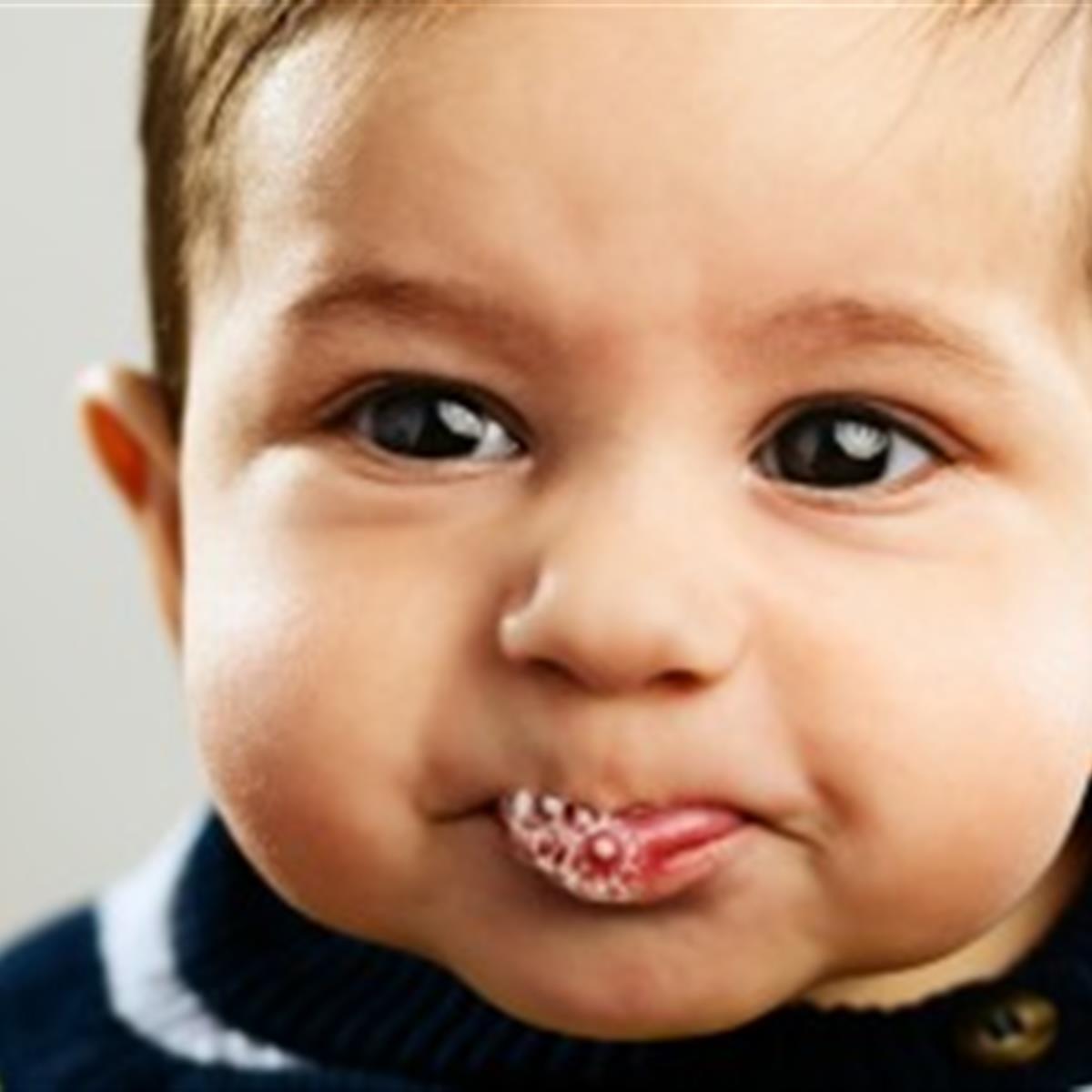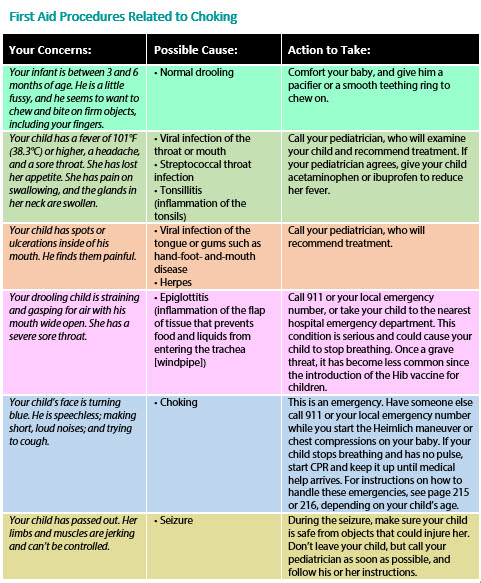why do babies drool at 3 months
At this age babies also develop the ability to chew as well as the muscle control to get their hands into their mouths both of which stimulate saliva production. 1-3 Months Drooling is less observed when the baby is lying in face up position during the first 3 months of his life.

Baby Drooling Causes Developmental Stages Treatment
It is quite normal in the first two years of baby life.

. However if your baby appears to be drooling excessively and looks ill she may be having trouble swallowing which requires medical attention. Three common causes of drooling are. Drooling do also appears to see when the baby is sleeping.
Drooling begins at approximately 3 months because this is when the parotid glands -- the large salivary glands which are activated by eating -- mature. This becomes especially apparent at 3 to 6 months of age. One three months.
If you see your baby drooling excessively it could be due to the underdeveloped muscles in his mouth or excess production of saliva in his mouth. The increased flow of saliva that often signals the appearance of a new tooth seems to soothe tender gums. If you think about it saliva is part of your digestive track Crosby says.
First of all drooling is caused by teething. While its true that drooling is very common for children around 2-3 months old and typically lasts until a child reaches 12-15 months-s roughly the same age that teething begins drooling merely means your babys salivary glands are starting to fire up after not being needed as much when eating easy-to-digest milk. Infants dont often develop full control of swallowing and the muscles of the mouth until they are between 18 and 24 months old.
How can I treat drooling. But the fact that your baby is drooling doesnt have to mean that a tooth is coming in. Sometimes it can happen as early as two months until they are two years of age.
The drool production signifies that your babys salivary gland is activated and his digestive system is working great. Excessive drooling is one thing that comes naturally to babies. Sometimes giving them something cold to suck on or rub on the gums helps like a.
Answer 1 of 2. Among other things he might be beginning to teethe. The byproduct of a babys saliva production drooling begins when a child is about 3 months old and lasts until hes between 12 and 15 months old - more or less the same time period as teething.
A month later they can go to 90 degrees pushing up on their hands. As previously stated drooling can be a symptom of a medical issue or it could be just a result of taking certain medications. According to experts drooling is typically observed by 3 months of age either as a preparation to teething or because of baby s increased activities by mouth.
By six months of age drooling is more controlled when your child is in supine prone or seated. There are four main reasons leading to babies drooling. This lack of coordination might make swallowing difficult.
It takes about 6-8 months for infants teeth to begin to grow. Hence we always associate saliva with good digestion. The Role of Saliva.
Facts About Your Drooling Baby Is It Natural According to experts drooling is typically observed by 3. This happens due to the baby doesnt develop that often with regard to the swallowing and the muscles of the mouth until they are up to 18 to 24 months old. Excessive drooling is one thing that comes naturally to babies.
Babies just drool - its amazing where all that fluid comes from. You may notice drooling as your. What Else May Cause a.
Drooling is normal in the first two years of life. From one to three months of age drooling is rare when your child is in a supine or reclining position lying face-up although some drooling may be noted when he is in a prone or a supported sitting position. Both of those things are associated with teething.
It starts at 3 to 6 months of age of the baby. He or she may be starting to teethe so the gums become inflamed and swollen and they drool more. Drooling is associated with basically everything for many babies and sucking on fingers or thumbs or other things is also very normal.
Difficulty swallowing excessive saliva production and weak muscle control can lead to drooling. Why is my baby drooling. Excessive drooling is caused by a lack of coordination between the mouth and tongue even though it is generally attributed to excessive saliva production.
What youre seeing is entirely normal in babies particularly around 3 months old. Babies and toddlers are expected to drool as theyre still gaining control of their muscles. When these glands make too much saliva you may experience drooling.
To some babies nevertheless this can happen earlier when they are three months of age.
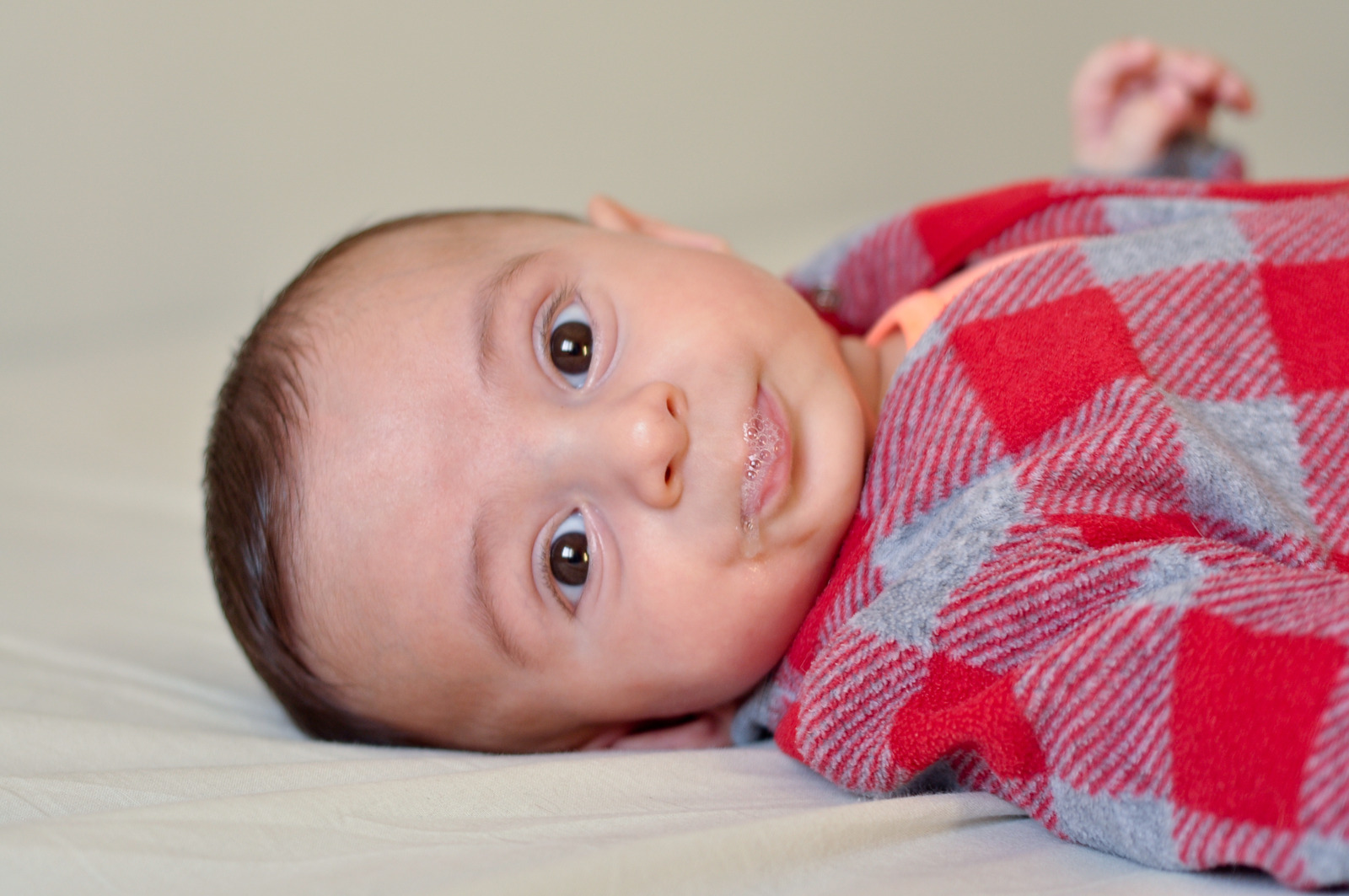
Why Do Babies Drool Facts About Baby Saliva Sleepbaby Org

Baby Spitting Up Clear Liquid Causes And When To Call The Doctor

Drooling In Babies What You Need To Know Parentinghealthybabies
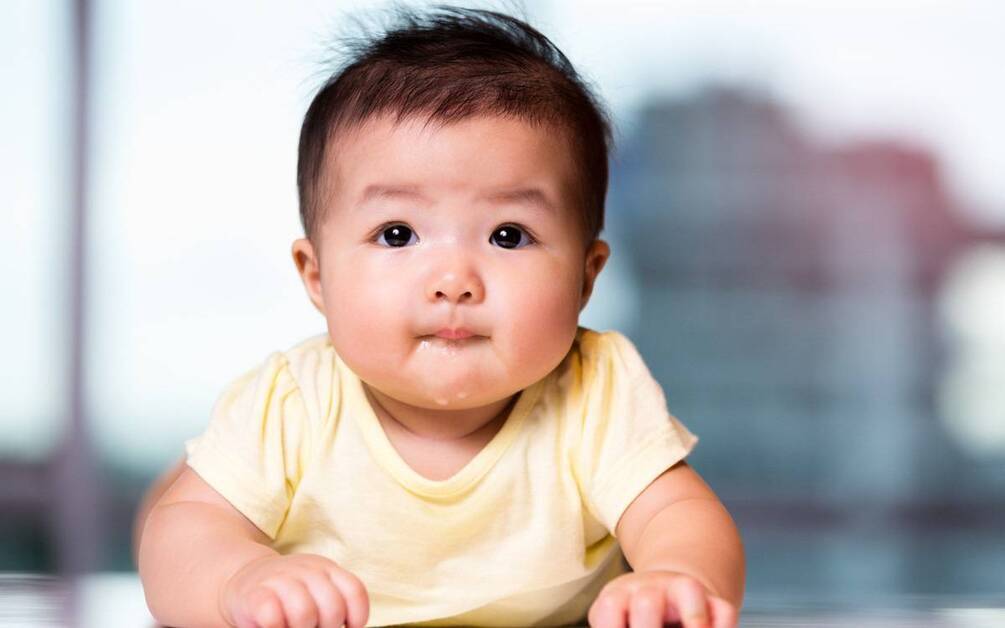
How Do I Prevent Or Treat My Baby S Drool Rash Scripps Health

Drooling Baby How To Spot And Prevent Drool Rash Baby Pibu
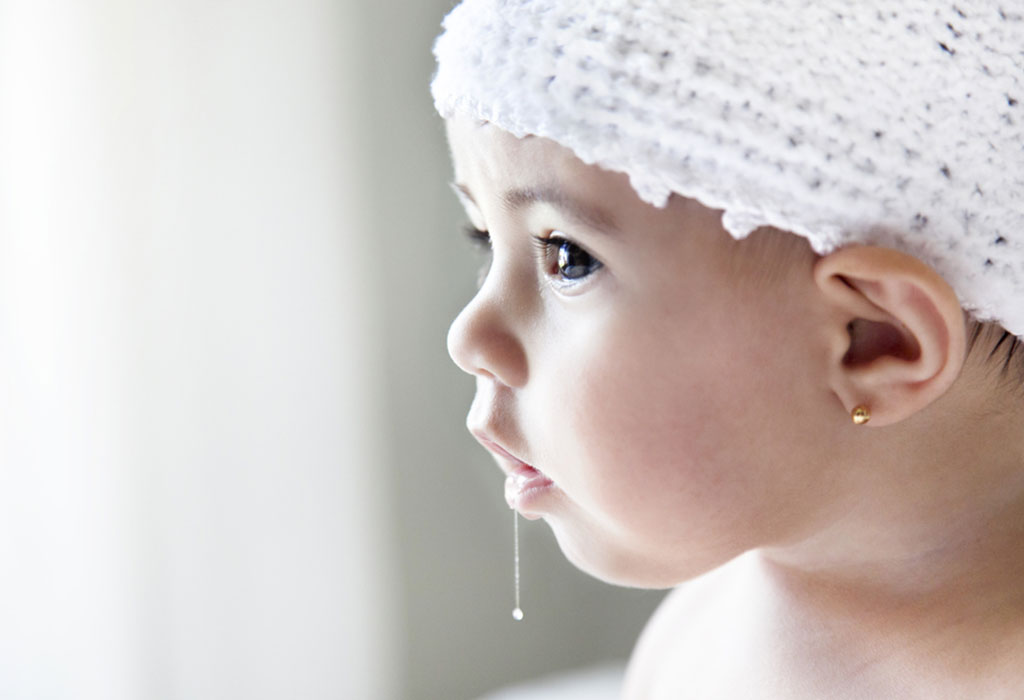
Baby Drooling Causes Developmental Stages Treatment
Excess Saliva Can Signal Health Conditions That Cause Speech Development Delays
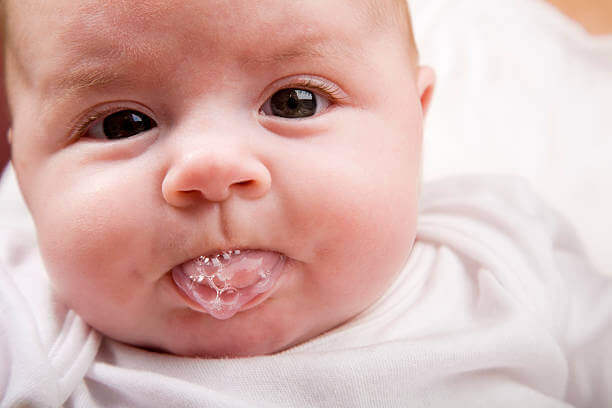
What Are The Causes Of Baby Drooling
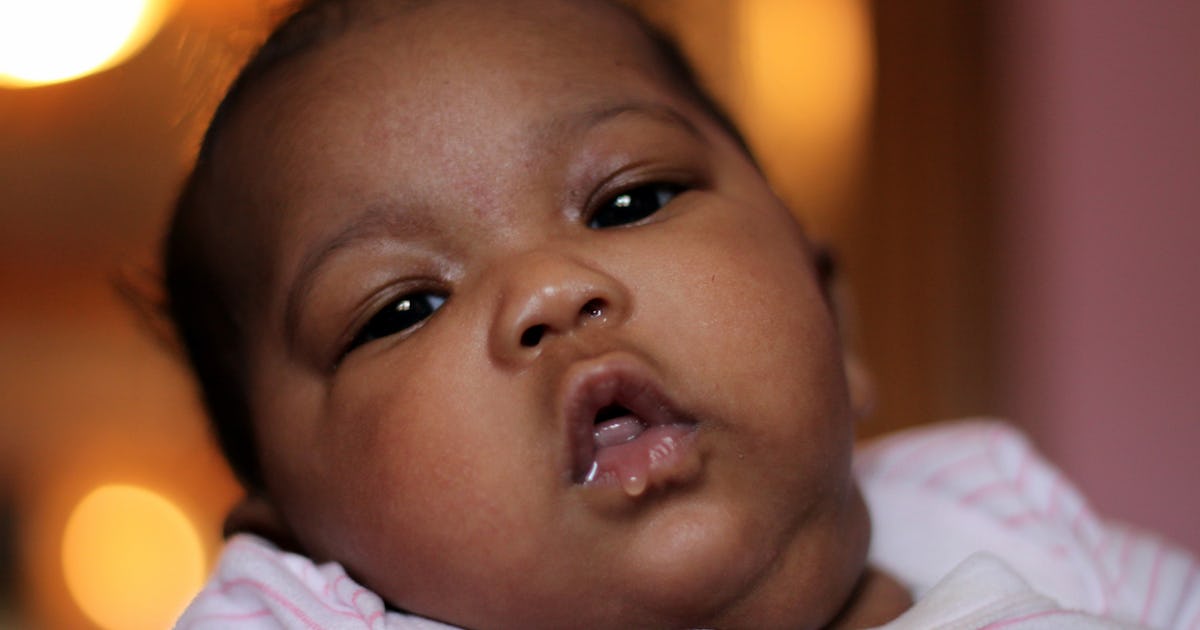
Why Do Babies Drool It S Not Because They Want To Ruin Your Clothes

Baby Drool Rash Symptoms Causes Prevention And Treatment
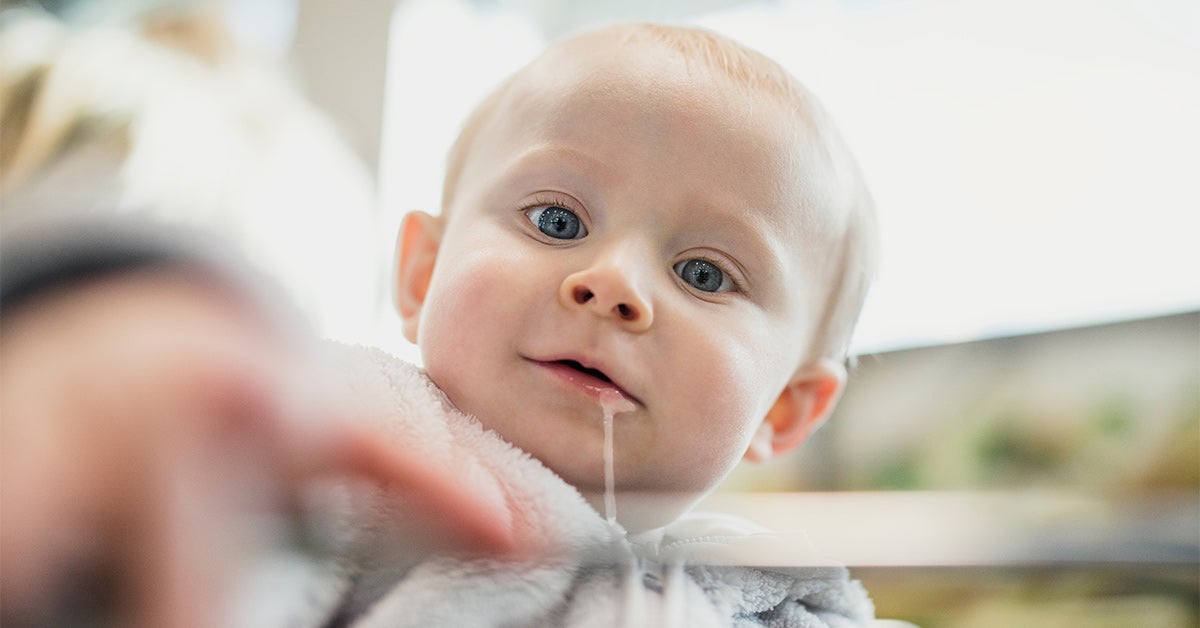
Baby Spit Up Is Spitting Up This Much Normal
Baby Drooling Causes Developmental Stages Treatment

Baby Drooling At 2 Months Here S What To Know Cadence Education
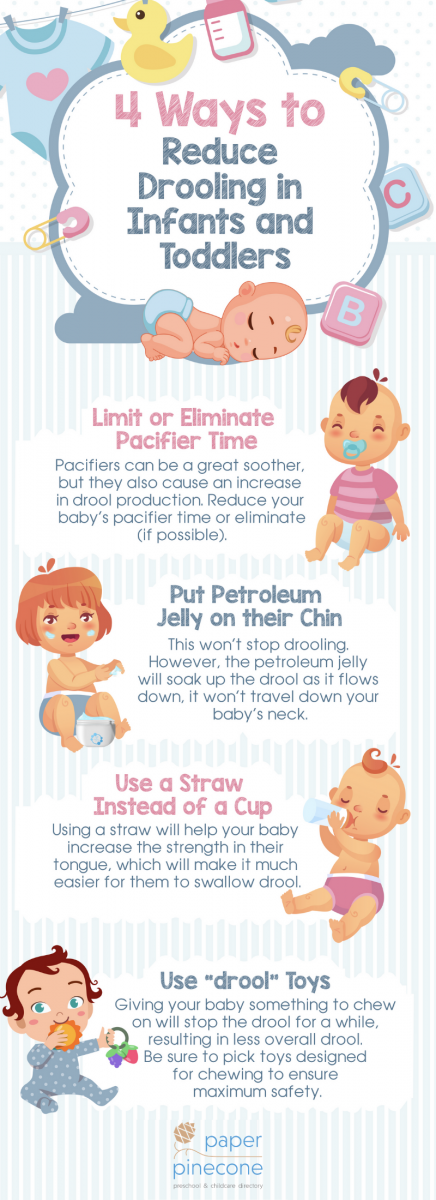
Facts About Your Drooling Baby Is It Natural

Baby Drooling Like Crazy August 2015 Babies Forums What To Expect
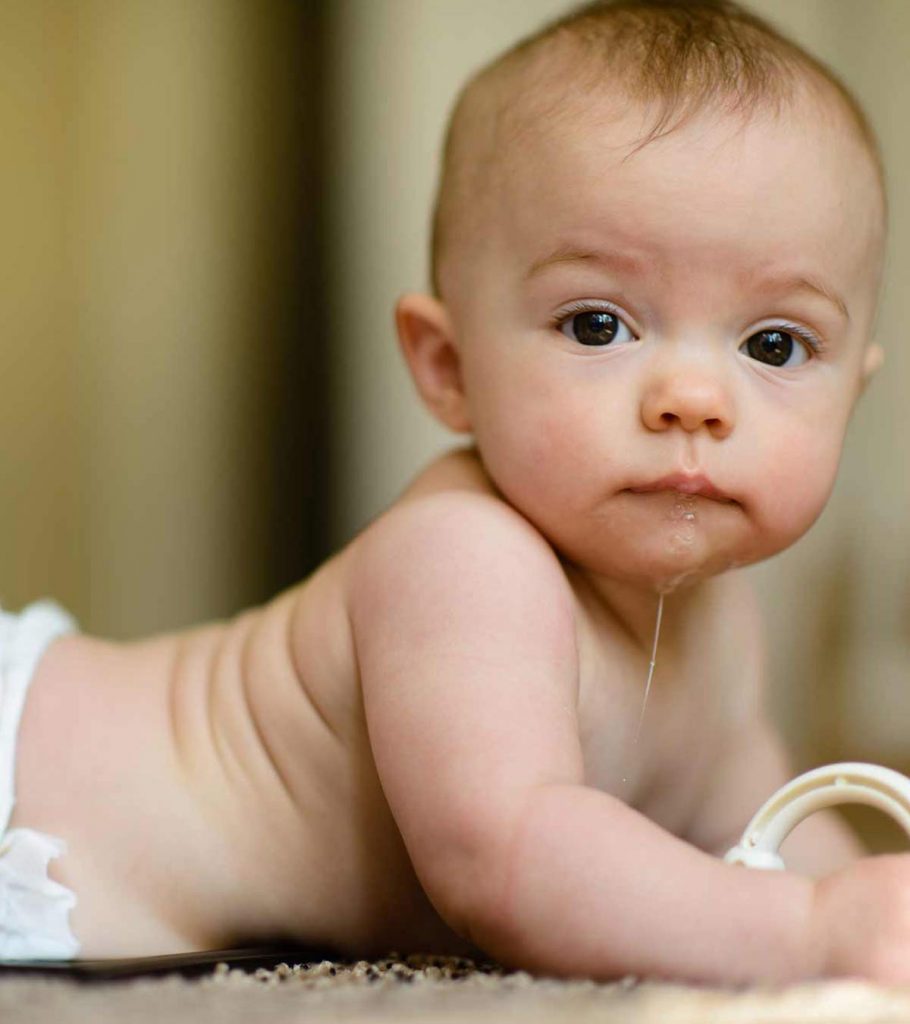
Causes Of Baby Drooling How It Helps Tips To Manage
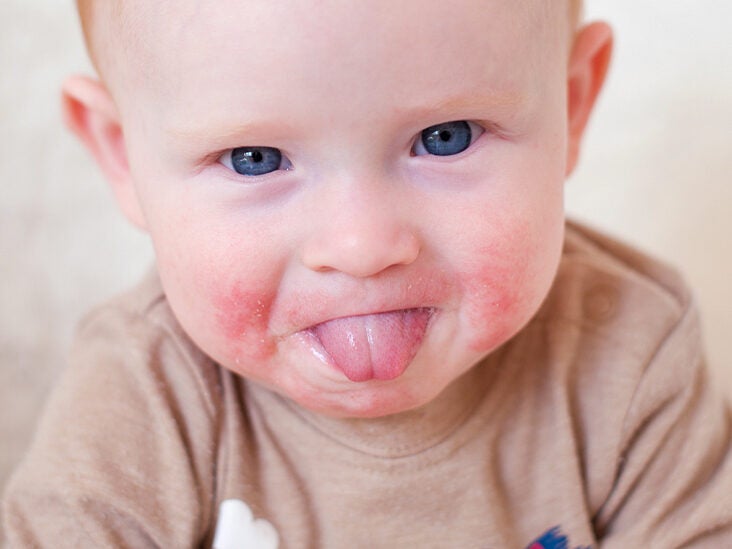
What Does Teething Rash Look Like Pictures And Treatments
